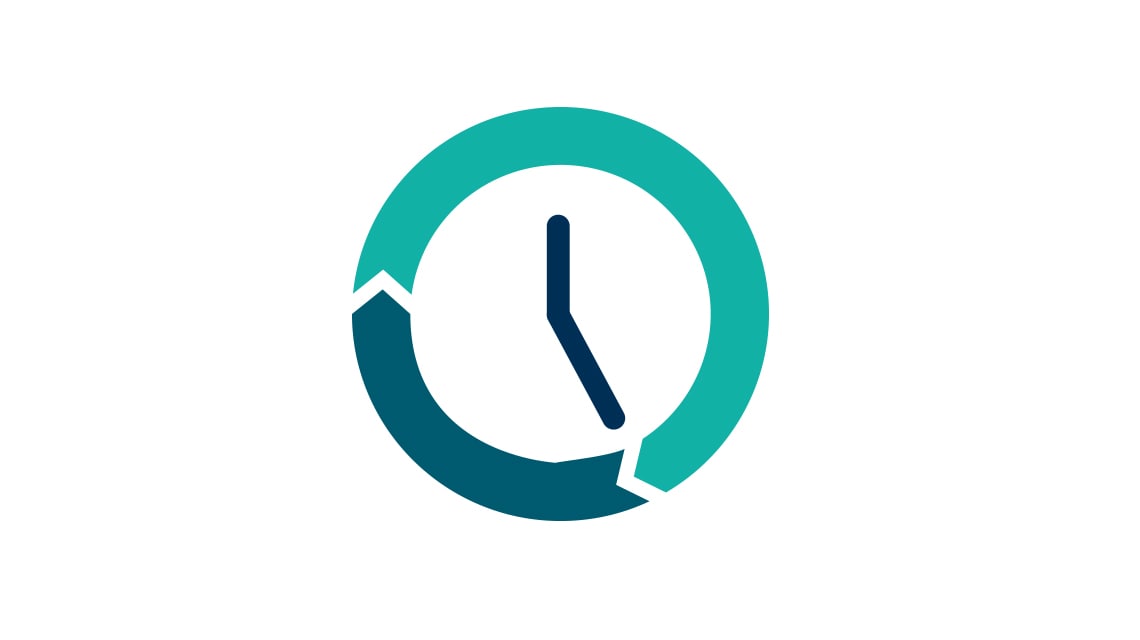At this level, employers may be looking for degrees in computer science, information management or IT.
With experience you may be in charge of a database or the information management in a company. Databases are computer systems that store information. You may work on the protection and security of data, by designing systems and procedures. You could use information to produce reports on how successful the company is. You could work for a business, such as a bank or an insurance company, or in a hospital, library or charity.

Example jobs

Database administrator
Manages the input and storage of information in an organisation.
Database designer or architect
Designs data management systems.
Business intelligence analyst
Managing information and how it is used and presented.
Data security officer
Ensures data is stored safely and within the law.
Things you need to know

Typical working conditions
- You are likely to be office-based.
- You may travel to other offices or sites.
- The work can be fast-paced at times.

Qualifications needed
- To design databases, you need an IT degree, along with knowledge of computer coding languages such as SQL.
- To become a database administrator, you can have a degree in any subject.

Career path
- You could take a technical route using coding skills to design and write databases.
- Or you could develop your business and analysis skills to understand how customers want to use databases.
- You could become the manager of complex database systems in a large organisation.
Useful links
Pearson is not responsible for content on external websites.
Association for Information and Image Management (AIIM)
What is information management?
Institution of Analysts and Programmers
Professional organisation for people who work in the development, installation and testing of business systems and computer software